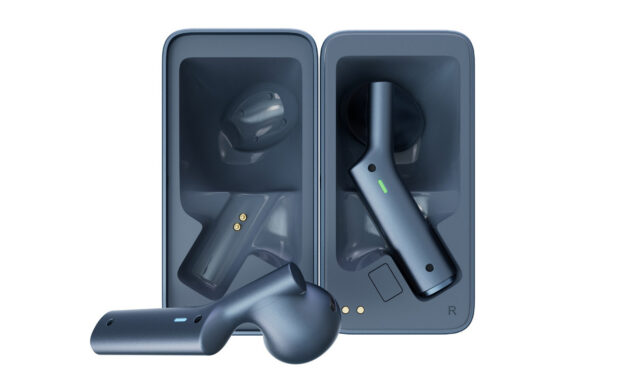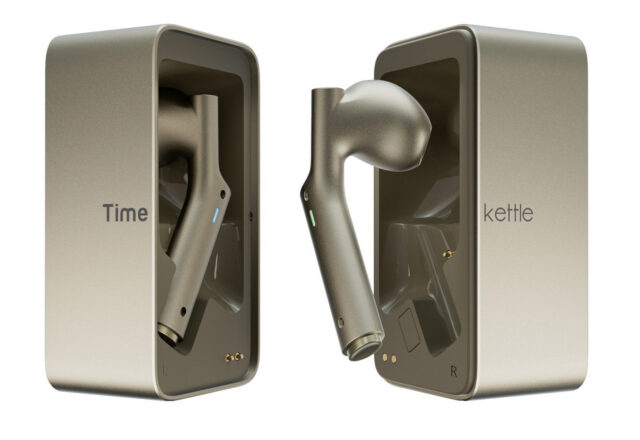Timekettle W4 AI Interpreter Earbuds offer tourists near real-time translation on the go

Timekettle has launched the W4 AI Interpreter Earbuds which combine bone-conduction voice sensors with AI translation models to provide near real-time multilingual communication.
The W4’s bone-voiceprint sensor filters out background sounds, improving clarity in crowded or noisy settings and cuts audio leakage, offering more privacy.
According to Timekettle, the earbuds deliver translations with 98 percent accuracy and a delay of around 0.2 seconds.
Leal Tian, founder and chief executive of Timekettle, said, “The W4 is a game-changer for anyone engaging in global conversations. By leveraging our proprietary HybridComm AI technology that forms the backbone of our recently announced Babel OS software, we’ve created a device that not only translates in real time but also feels natural and effortless to use -- just like having an interpreter right by your side.”
Timekettle expands beyond professional users
The earbuds, which are available to buy now priced at $349 or €349, support 42 languages and 95 accents, automatically switching between listening and speaking modes to keep conversations flowing.
A sharing option allows two users to split the pair, with each person wearing one earbud for direct translation.
The W4 also functions as a standard pair of earbuds for entertainment.
Battery life is rated at four hours of continuous translation or eight hours of music playback, with the charging case extending usage to 10 hours of translation or 18 hours of audio.
The in-ear design contrasts with the earlier W4 Pro over-ear model, which was aimed at professional use. This version is more for travelers and casual users, and so is smaller, and easier to carry.
It comes in two colors: Navy Blue and Sandy Gold.

Running on Babel OS 2.0, the W4 uses large language models for context-aware translation and correction of homophones.
Timekettle has also said that voice cloning features are scheduled for introduction in 2026.
What do you think about AI-powered earbuds replacing interpreters? Let us know in the comments.
